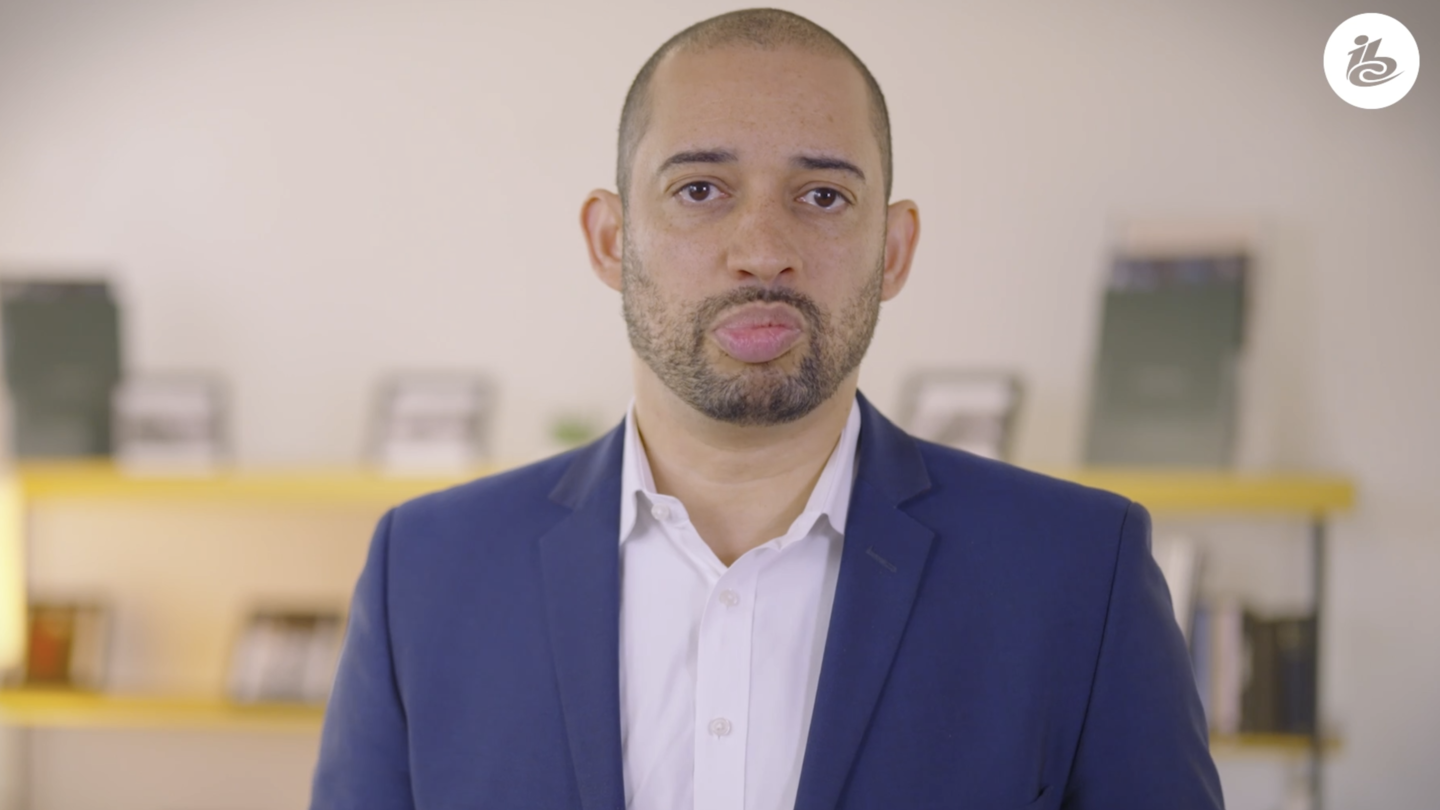The Edinburgh TV Festival, the annual shindig of the movers, shakers, and changemakers of the British television industry, took place last week and change was very much on the schedule, reports Michael Burns.
The headline issues facing the TV industry in the UK are significant – high inflation, market contraction, shrunken ad revenue for commercial broadcasters, freelancers being out of work for long periods, and firms ranging from indies to hire companies to VFX facilities going under. Content is still being made, but it’s now made at the extremes: a few big, expensive shows and lots of lower-cost, high-volume shows.
In his Mactaggart Lecture, playwright and dramatist James Graham talked about the boom and bust of TV, pointing out that two years ago post-Covid, a trend in the industry was over-production. “And now: a drought, a desert,” he said...
You are not signed in
Only registered users can read the rest of this article.

Poacher turned gamekeeper: Netflix rules, for now
Netflix raids Hollywood to land a giant of old media, but having offered billions over the odds for ageing IP, would a smarter play have involved the creator economy?

Truth in the age of deepfakes: Building trust in the human-machine era
As deepfakes become prevalent throughout the media industry, experts at the BBC, Guardian, and ITN wrestle with the implications of today’s unprecedented levels of disinformation and distrust.

Rory Peck Awards: Truth has never needed its defenders more
This year’s Rory Peck Awards was an affirmation that press freedom is in severe danger, that it has become a vicious fight to sustain that facts matter. George Jarrett reports.

Camerimage: “The time to be afraid of AI was two years ago”
The festival of cinematography remains political with the rise of AI and gender equality bubbling beneath the surface.
.jpg)
Content Everywhere: Disruptive forces in 2025, from AI to ROI and SGAI
Looking back over 2025 to date, it’s clear that AI continues to widen its role in the Content Everywhere ecosystem, and many companies are becoming more discerning about how and where the technology should be applied to streaming and video technology. Clearly, there is still much more to come, and much more to learn, but what have recent developments taught the industry to date?


